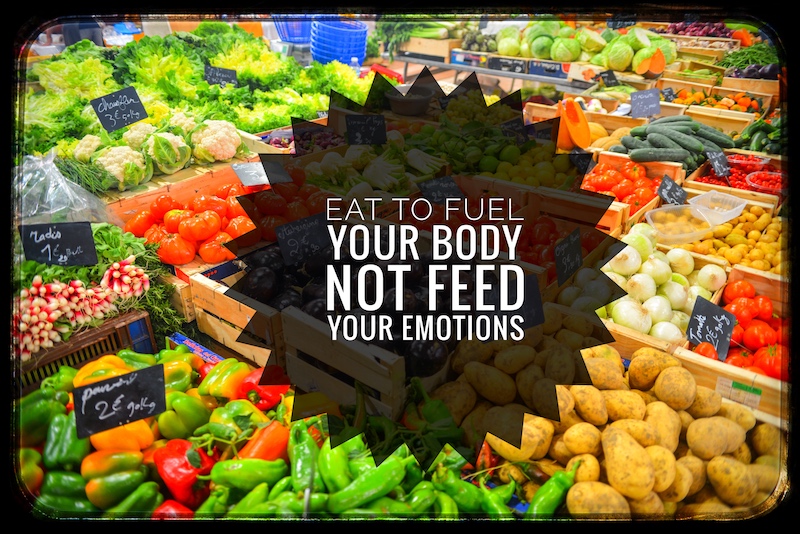
I want to talk about food. Now, I would consider myself a big eater. I am often baffled by the sheer volume of food I can fit into my stomach. Sometimes, however, I do things like have pizza and dough balls for lunch and then a huge Chinese takeaway for dinner and I feel I need to calm down. This is what happened this week (pizza and Chinese included). Luckily, I have a super fit and healthy mother who I use as my health-kick buddy and all is well.
However, my eyes were opened this week when I went for tea with my oldest and dearest friend. She is one of the people in my life that I most desperately want to be happy. She has always struggled with her self-esteem. I often hear her calling herself fat, struggling over what to wear and she has never valued herself as highly as she should.
But there has been a change in her recently. Seven weeks ago, she began a healthy eating regime. She follows a food plan and attends weekly meetings. She has been doing well, losing nearly half a stone in a really healthy way. But there has been a far greater change in her than just her weight. She seems happier. Really, truly happier – and this is because she has taken control of what has been making her unhappy and committing to change – as well as eating in a sustainable and healthy way.
We all have times when we crave unhealthy foods and want to ‘treat’ ourselves because of how we are feeling – we emotionally eat. How many times have you had that slice of cake to celebrate a colleague’s birthday? The tub of ice cream in front of a movie when you’re feeling down? Or when things are stressful at work you’re craving carbs, carbs and more carbs. Then straight after munching you’ve said to yourself (or a friend) ‘I really shouldn’t have eaten that’. The danger comes when this occasional indulgence becomes frequent overeating. It’s suggested we all should look beyond the overeating to what lies beneath.
Research by David A. Kessler shows that overeating is actually an addictive behaviour. The combination of fats, sugar and salt in certain foods leaves us wanting more, even when we are full. Overeating is more than an issue of self-control; it is a biological challenge in which we are made to negotiate the overstimulating food environment that we live in.
So let’s consider Dr Drew Ramsey’s advice: the foods that are rich in the nutrients that make us happier (for example, vitamin B12, iron, folates and several others), are contained in whole, unprocessed foods.
Here are some of Dr Ramsey’s top tips:
- Try swapping regular ham for locally, naturally raised ham, or even try some wild-caught salmon instead! Conventional processed ham is injected with sugars, salts and nitrate preservatives and the nutrients will be different from those in a naturally raised pig. Salmon, on the other hand, is particularly good for the brain!
- Swap processed or low-fat cheese for a locally raised goat cheese. You’ll get more conjugated linoleic acid which helps to fight cancer and belly fat, as well as some omega 3 fats.
- Eat plain dark chocolate instead of your usual chocolatey treats. Dark chocolate contains more anti-oxidants and other molecules that promote better blood flow to the brain
- Serve eggs instead of pastries for breakfast. “Eggs are brain food!” says Ramsey, while pastries are the epitome of empty calories – mainly sugar and refined carbs and not enough brain-essential nutrients.
So, there we are – including more fresh, unprocessed foods in your diet might help to increase your happiness! Why not give it a try?
By Ilana Mann
